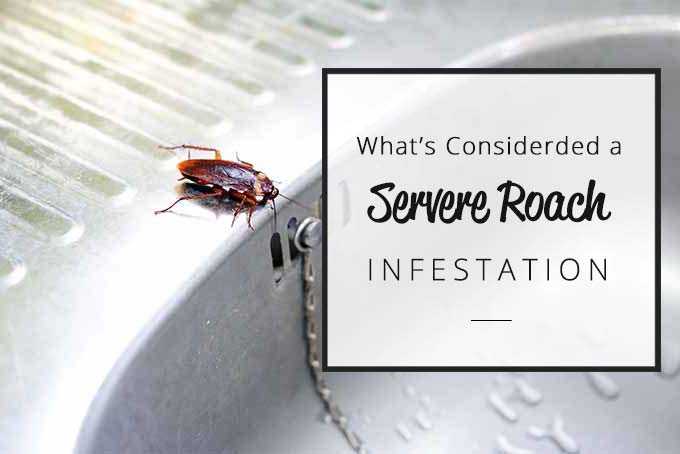Get Your Roach Extermination Quote Now
Save Up To 43% - FREE SERVICE
Step 1

Tell Us About
Your Pest Job
Your Pest Job
Step 2

Up to 4 Pest Services Compete
For Your Business
For Your Business
Step 3

You Choose
The Best One
The Best One
How it works
Featured and Trusted by:




What Is Considered A Severe Roach Infestation?
Last updated:
February 14, 2025
Featured and Trusted by:










